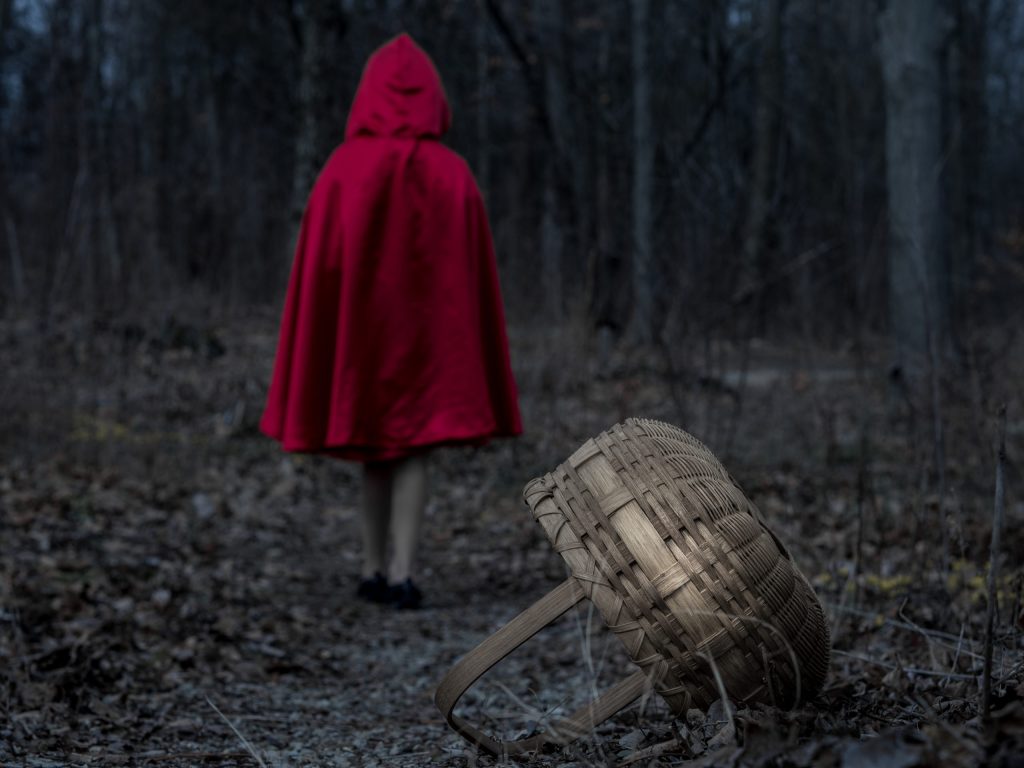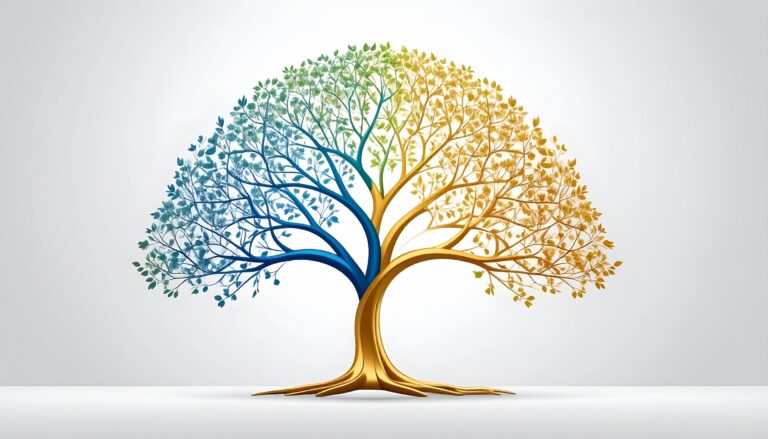On October 26-27, in Lisbon, Portugal, Breakthrough Marketing Technology CEO Pamela Roach and anthropologist Dr. Antonella Fabri presented at this year’s “Why the World Needs Anthropologists,” a symposium that explores the different applications of anthropology beyond traditional academia. This year’s edition focused on “design anthropology, its methods, practical application, and its potential for framing the future of humanity around the world.”
Barriers to Disaster Preparedness
Our presentation summarized the research process and the technology solution created to help small businesses prepare for disruptions and plan for a more competitive and flexible business. We used anthropology, quantitative analysis, and design thinking to understand small business owners’ resistance to continuity planning for disasters. With insight into the gap between what small business owners should do and what they do do, we were able to design the architecture of a digital platform that meets small business owners where they are and integrates into how they do business.
We needed to understand the reasons small business owners resist doing something they agreed was and still is important. Even though they acknowledge the necessity to plan ahead for a possible disaster, they don’t implement it!
Our client is an agency who urged small business owners to take on continuity planning to strengthen and save their businesses from disruption and loss. But unexpectedly, small business owners are resistant to adopting and implementing a continuity plan. The agency could not understand why small business owners were not receptive to continuity planning, including insurance and practices to protect their businesses from disruption. The concept of resiliency is part of the public policy discourse, and therefore was promoted by the agency, but it was not an intrinsic part of small business owners’ language.
Funnily, the agency recommended a resiliency plan without understanding that small business owners were indeed fraught with fear of having their businesses disrupted. Furthermore, business owners thought they were already resilient, as they constantly respond to different disruptions, especially in the major city, such as constant roadwork with scaffolding hiding their stores, increases in rent, and competition from chain stores attracting younger customers.

Our intervention was based on the need to collect the thoughts and opinions of small business owners, convey those thoughts to the client agency, and make sense of the impasse and lack of communication between the public policy officers and the people in the community.
Rational vs. Emotional Choices
We asked small businesses owners why they wouldn’t design a continuity plan. We listened to their reasoning, fears, and emotions regarding possible disruptions to learn what drives their behavior. We learned that it is not always about making rational choices. Emotions play a big role in the decision-making process. While the agency was focused on getting small business owners to be receptive to continuity planning, small business owners had their fears turned elsewhere.
We learned that it was neither “poor planning,” as the agency described it, nor a high threshold for risk that turned small business owners away from continuity planning. Rather, it was a lack of effective communication. The agency was not knowledgeable about how small business owners manage their needs, fears, and risks, and the workflows that consume their time. The communication between the local small business community and the authorities (the agency) was poor and prevented small business owners from perceiving the agency’s offerings as helpful. The agency was not entrenched in the community. From the perspective of small business owners, the agency shares no ownership and has a weak stake in businesses’ survival. That’s why there is no trust between the agency and small business owners.
The ethnographic part of the research gave voice and context to the small business owners.
Bridging the Gap Between Agency and Community
We discovered that small business owners are indeed paralyzed by anxiety and a sense of urgency. Their biggest fear of losing their business is posed by disasters such as employee instability, renovations and scaffolding, traffic congestion, competition, and increases in rent, rather than natural disasters or other external emergencies. Hence, in order for change to occur, it needs to be internalized and not imposed from the outside. Small business owners want to make their own decisions. Advice from outside of their community is not trusted or followed if it requires significantly changing their operations. The urgency to act and the consequential action plan must come from within—from the community itself.

In our solution, the gap between communities is diminished, communication is established, and the needs of both groups are bridged. Small business owners often won’t build continuity plans because they are not well-informed and because the people who advise them to do so are neither part of their community nor have much invested in it.
We built a solution that nurtures trust. The data we gathered defined the design of a new technology that will be an essential tool for increased resilience and small business owners’ confidence in their ability to withstand disruption. Sharing the right information at the right time in the right media engenders trust.




